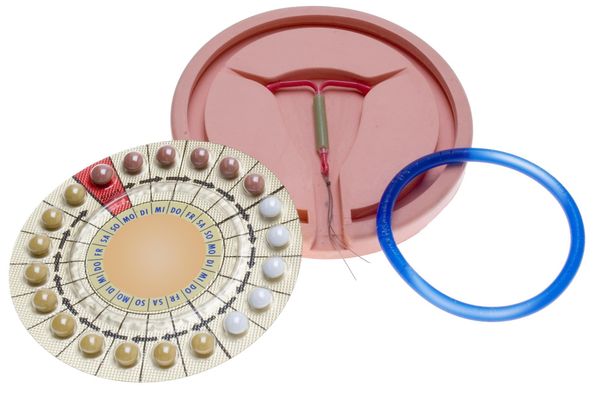New Guidelines Advise Testing at Age 45
The National Women's Health Resource Center's Dare to Be Aware program is urging African-American women to talk with their health care professional about the new colorectal cancer screening guidelines from the American College of Gastroenterology.
"Too many women, including African-American women, are ignoring the threat of colorectal cancer," said Amy Niles, president and CEO of the National Women's Health Resource Center (NWHRC). "They think it is a `man's disease' or they think it can't happen to them. Others let what they think of as the uncomfortable or embarrassing nature of a colonoscopy keep them from getting a test that could save their lives. In fact, colorectal cancer is the second most common type of cancer in African American women. "
The NWHRC's "Dare to Be Aware" campaign helps women face the issues that may be putting women at greater risk of dying from colorectal cancer, such as embarrassment, fear and lack of knowledge, by giving them essential information about risk factors, screening guidelines and treatment options. There is also a risk assessment tool to help women take action. It and other campaign materials are available at the NWHRC's Web site, fmxhosting.com/drupal635.
African Americans should be screened for colorectal cancer (CRC) every ten years beginning at age 45 according to guidelines just released by the American College of Gastroenterology and published in The American Journal of Gastroenterology. The article cited the increased incidence and mortality of CRC in African Americans than other groups. CRC develops at a younger age in African Americans. Unfortunately, African Americans are less likely to have undergone diagnostic testing and screening.
"The new screening guidelines recently issued by the American College of Gastroenterology for African American women highlight the importance of early screening for the disease, particularly in this population," said Dr. Edward Chu, a cancer specialist at Yale Cancer Center, Yale University School of Medicine. "With early detection and proper treatment, the five-year survival rate for a colorectal cancer diagnosis is 90 percent presenting an opportunity to radically lower the number of women dying from this disease with proper screening."
When screening reveals the presence of colorectal cancer, viable treatment options such as surgery, chemotherapy and, in some cases, radiation, are all available to treat the disease. The field of colorectal cancer therapy continues to advance, and chemotherapy drugs, including oral therapy, have been effective in shrinking tumors and delaying tumor growth.
Colorectal Cancer
Colorectal cancer (cancer of the colon or rectum) is the third leading cause of cancer-related deaths in the United States, and the second worldwide. The American Cancer Society (ACS) estimates that in 2005, more than 145,000 Americans will be diagnosed with colorectal cancer and more than 56,000 will die from the disease. The ACS estimates that more than 16,000 cases of CRC will be diagnosed among African Americans this year.
National Women's Health Resource Center (NWHRC)
Since the late 1980s, the NWHRC has helped millions of women educate themselves about the health topics that concern them the most. The non-profit organization, dedicated to helping women make informed decisions about their health, encourages women to embrace healthy lifestyles to promote wellness and prevent disease. For more information about the NWHRC visit fmxhosting.com/drupal635.
Dare to Be Aware is made possible with support from Roche.






